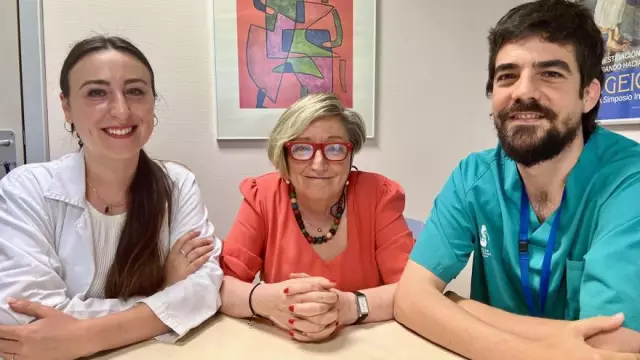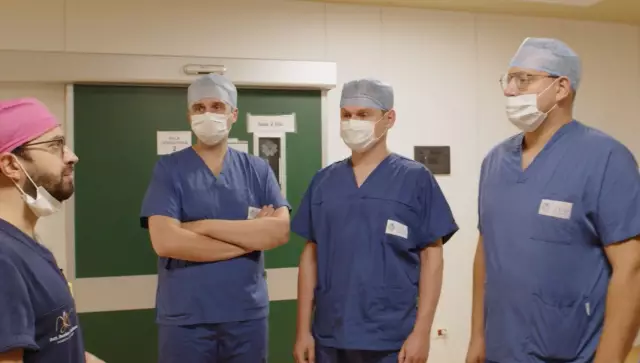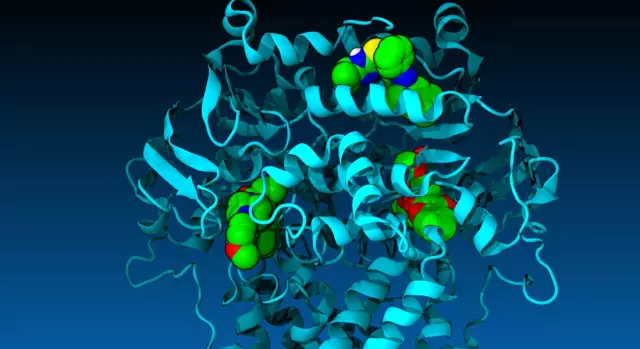- Author Rachel Wainwright wainwright@abchealthonline.com.
- Public 2023-12-15 07:39.
- Last modified 2025-11-02 20:14.
New approaches in the diagnosis of colon cancer
Tumors of the colon (large) intestine are usually combined in oncology with the formations of the sigmoid and rectum in the concept of colorectal cancer. This pathology tends to increase the incidence and currently ranks fourth in prevalence among all types of tumors.

Successful treatment of colon cancer is impossible without timely and competent diagnosis - https://telaviv-clinic.ru/clinic/disease/rak-tolstoi-kishki/. In countries with a developed system of medicine, the choice of treatment tactics is carried out strictly according to generally accepted world protocols.
The standard procedure for diagnostic measures for suspected colorectal cancer is the following algorithm:
- detailed biochemical blood test, including tumor markers;
- colonoscopy, endoscopic or virtual;
- targeted biopsy under image control;
- positron emission tomography (PET-CT).
In most cases, this set of procedures gives a comprehensive picture of the disease and allows you to choose the right treatment tactics. However, in recent years, the so-called genetic tests have begun to be recruited, which are carried out in only two laboratories in the world and allow complete genotyping of the tumor cell.
In the case of colon cancer, two types of genetic testing are used - Colon DX and Foundation One.
The Colon DX genetic test is performed over two to three weeks and allows you to determine the likelihood of a relapse after treatment. Knowledge of the result allows the oncologist to decide on the appointment of an additional course of chemotherapy, and the surgeon to choose the degree of radicalism of the operation.
Foundation One's research is about complete sequencing of the genome of tumor cells. Passes the test within a month. The most important point of Foundation One is considered to be the ability to select the most effective immune drug for the treatment of colon cancer, be it a monoclonal antibody or a targeted biological treatment drug.
Found a mistake in the text? Select it and press Ctrl + Enter.






